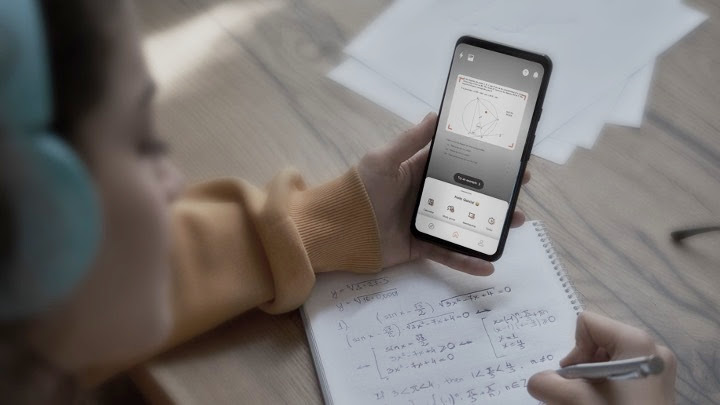
COVID-19 is leading to a change in the traditional education system that inevitably has to change as well as in daily life. Korea’s pre-Corona 19 education system was a one-sided education system to deliver knowledge and solve fixed answers. But Edutech, which combines one-on-one personalized education with AI and education beyond infusion education, is getting attention due to Corona 19.
By combining artificial intelligence and education, effective learning through Individualized education programs is quickly establishing itself in Korea through non-face-to-face activities that have unintentionally occurred. In particular, Edutech is expected to narrow the education gap which was widened through the pandemic. According to a report released by the Education Policy Research Institute under the Seoul Metropolitan Office of Education in April, ” Before and after COVID-19, An Analysis of Academic Gaps in Schools Based on the Distribution of Academic Achievement Rating in Middle Schools,” the median ratio decreased and the percentage of students in the lower and upper ranks increased. It is proving that it is not possible to provide adequate education to students with the existing education method. Edutech, which is rapidly growing, is expected to solve these problems in education.
Notable examples are ‘Quanta’ and ‘Dubrain’. In Maspresso’s ‘Quanta’, students take a picture of a problem with their smartphone and upload it to the ‘Quanta’ app and it shows the solution process and answers within an average of 3 seconds. It is currently gaining huge popularity among middle and high school students in Korea thanks to the free service using a high-level AI search engine that reads letters and formulas from photos uploaded by students. Currently, the cumulative number of mobile app downloads of Qanda App is 35,429,829. Dubrain is a solution app for infant cognitive development. It provides brain education services for children aged 3 to 7, and helps to improve thinking skills by combining animation and education.
Thanks to these changes, SEOUL will also introduce Artificial Intelligence (AI) robot Alpha Mini at Seoul’s nursery schools. The Seoul Metropolitan Government (SMG) announced a new pilot project to use Alpha Mini in helping the language and emotional development of infants as they have had difficulties joining special activities during the protracted pandemic. In a bid to strike a balance between work and family, Mayor Oh promised to establish a “non-contact home childcare and growth management system through AI” in the care service sector. Alpha Mini is a small-sized humanoid robot that is 24.5cm tall and weighs 0.7kg. Since it has Naver’s AI platform, every content on the platform is available to users. The robot can walk, sit and move like humans. It can also have a natural conversation, tell fairy tales, dance, and sing songs. In particular, ‘Alpha Mini’ can emotionally interact with young kids by expressing its feelings through their eyes. For example, it blinks, winks, and turns its eyes into hearts when it feels happy. The SMG expects that this pilot project will allow children to experience AI robots, which is one of the core technologies of the future. At the same time, the city government seeks to entertain children who are tired of restricted outdoor activities, such as forest activities and field trips, amid this lengthy pandemic. In addition, since Alpha plays a role as an assistant teacher, nursing teachers’ burden to lead the class will be reduced.
Like this, Edutech, quickly settled into the lives of students, is diversifying students’ educational approaches and providing learning solutions tailored to each student’s level. From now on, students will be provided with personalized education, whether at school or at home, and access to educational information will be easy. Meanwhile, as more and more students are questioning school education due to non-face-to-face classes, if educational facilities especially universities do not change rapidly to keep pace with changes in education, a decrease in the number of students cannot be avoided.
Minseon Kim
K-UNIV Reporter



